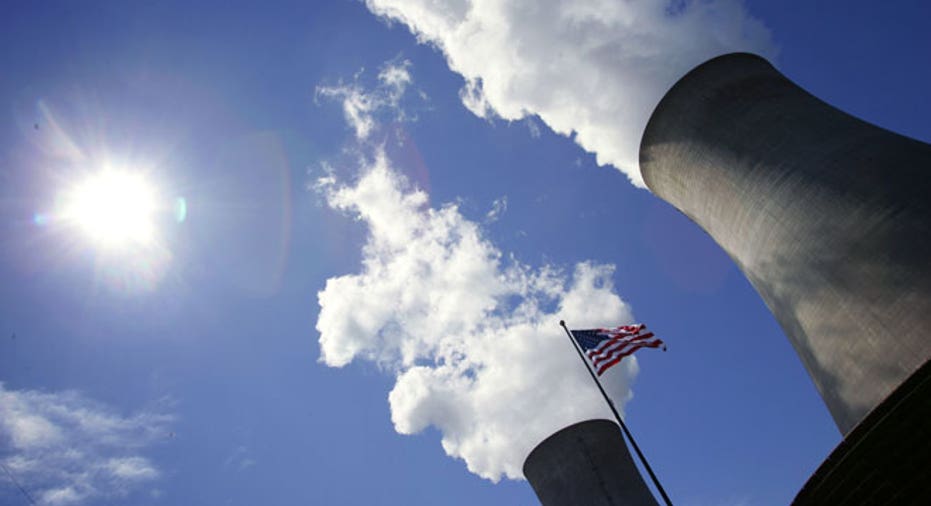IMF Estimates Trillions in Hidden Fossil-Fuel Costs

Consumers should be paying a whopping $5 trillion more a year for their energy to cover the hidden health and environmental costs of fossil fuel use, the International Monetary Fund said Monday in a new report.
"These estimates are shocking," said Vitor Gaspar, head of the IMF's fiscal affairs, whose department produced the report. "They correspond to one of the largest negative externalities ever estimated," he said, referring to costs that aren't factored into prices.
The fund said policy makers must start capturing those costs—valued at roughly 6% of global gross domestic product—in fuel prices now to curb the damaging effects of their use, encourage greater energy efficiency and prevent the mounting health toll. Largely from the ballooning use of coal in China and India, the toll far surpasses the savings gleaned in the past year as governments around the world slash traditional energy subsidies.
Falling oil prices have given governments from India to Angola an opportunity to raise energy prices closer to their market values. Cutting subsidies relieves a burden on state balance sheets and allows a government to channel its revenue elsewhere, such as social services, health care or growth-spurring investments.
But the IMF said the untallied costs of pollution from coal, oil and natural gas also should be considered subsidies because economies are burdened with mounting health-care and environmental degradation charges. Based on new data from the World Health Organization, the fund estimates those "post-tax subsidies" are worth $5.3 trillion this year alone.
Around a quarter of that figure captures the imagined cost of mitigating greenhouse-gas emissions. But the rest is from the health effects of local pollution, the effects on traffic congestion, traffic accidents and road damage.
"While the large size of our new estimates may be surprising, it is important to put in perspective just how many health problems are linked to energy consumption and air quality," said Benedict Clements, a division chief in the IMF's fiscal affairs department. For example, the WHO estimates more than one million premature deaths a year occur because of outdoor air pollution caused largely by burning coal, he said.
IMF economists acknowledge the exact figures are disputable. Still, they argue the projections provide some indication of the hidden costs of fossil-fuel use that should provoke debate among the public and policy makers.
They also accept that eliminating those subsides by raising energy taxes would be costly for the consumer.
"Moving to efficient energy pricing in one step would require very large increases in consumer energy prices, in particular for coal with a global average price increase of more than 200 percent," the IMF warned.
Such a move would be too burdensome for most economies, and so the IMF recommends a gradual increase in prices.
Although higher energy prices generally tax an economy's growth prospects, the fund said governments can use the increase in revenue to foster economic expansion, such as through cutting labor taxes, infrastructure investment and spending on education. It also would incentivize low-emission alternative energy.
"The fiscal gains from subsidy reform are sizable and could be a game changer for fiscal policy in many countries," Mr. Clements said.
"The resources freed from subsidy reform could be used to meet critical public spending needs or reduce taxes that are choking economic growth," he said.
Write to Ian Talley at ian.talley@wsj.com
Access Investor Kit for Citigroup, Inc.
Visit http://www.companyspotlight.com/partner?cp_code=P479&isin=US1729674242
Subscribe to WSJ: http://online.wsj.com?mod=djnwires
Copyright © 2015 Dow Jones Newswires



















